Critical Issues in History
Consulting Editor: Donald T. Critchlow
Editorial Advisory Board
Paula Baker, University of Pittsburgh
Paul Bushkovitch, Yale University
Paul Cobb, University of Notre Dame
Jane DeHart, University of California, Santa Barbara
William Rorabaugh, University of Washington
James Tracy, University of Minnesota
Allan Winkler, Miami University of Ohio
The Vikings: Wolves of War
by Martin Arnold
The Unfinished Struggle: Turning Points in American Labor History, 1877-present
by Steven Babson
Magic and Superstition in Europe: A Concise History from Antiquity to the Present
by Michael D. Bailey
Conceived in Liberty: The Struggle to Define the New Republic, 17891793
by Lance Banning
War and Genocide: A Concise History of the Holocaust
by Doris L. Bergen
Peter the Great
by Paul Bushkovitch
A Concise History of Hong Kong
by John M. Carroll
Remaking Italy in the Twentieth Century
by Roy Palmer Domenico
A Concise History of Euthanasia: Life, Death, God, and Medicine
by Ian Dowbiggin
The Idea of Capitalism before the Industrial Revolution
by Richard Grassby
The New Concise History of the Crusades
by Thomas F. Madden
The Great Encounter of China and the West, 15001800, 2nd Ed.
by D. E. Mungello
The British Imperial Century, 18151914: A World History Perspective
by Timothy H. Parsons
Europes Reformations, 14501650
by James D. Tracy
Americas Great War: World War I and the American Experience
by Robert H. Zieger
ROWMAN & LITTLEFIELD PUBLISHERS, INC.
Published in the United States of America
by Rowman & Littlefield Publishers, Inc.
A wholly owned subsidiary of The Rowman & Littlefield Publishing Group, Inc.
4501 Forbes Boulevard, Suite 200, Lanham, Maryland 20706
www.rowmanlittlefield.com
Estover Road
Plymouth PL6 7PY
United Kingdom
Copyright 2007 by Rowman & Littlefield Publishers, Inc.
All rights reserved. No part of this publication may be reproduced, stored in a retrieval system, or transmitted in any form or by any means, electronic, mechanical, photocopying, recording, or otherwise, without the prior permission of the publisher.
British Library Cataloguing in Publication Information Available
Library of Congress Cataloging-in-Publication Data
Bailey, Michael David, 1971-
Magic and superstition in Europe : a concise history from antiquity to the present / Michael D. Bailey.
p. cm.(Critical issues in history)
Includes bibliographical references and index.
9781461639886
1. MagicEuropeHistory. 2. SuperstitionEuropeHistory. I. Title.
BF1589.B35 2007
133.43094dc22
2006022247
Printed in the United States of America
 The paper used in this publication meets the minimum requirements of American National Standard for Information SciencesPermanence of Paper for Printed Library Materials, ANSI/NISO Z39.48-1992.
The paper used in this publication meets the minimum requirements of American National Standard for Information SciencesPermanence of Paper for Printed Library Materials, ANSI/NISO Z39.48-1992.
To my teachers and my students
Acknowledgments
This book owes its genesis to Donald Critchlow, who suggested that I write for what was then his series. My thanks go to him for his invitation, and to the editors and staff at Rowman and Littlefield for seeing the project through to completion. I was eager to write this book, since I had been teaching the history of European magic and witchcraft for several years, trying to develop a coherent general narrative that would make sense of the long history of magic and also trying to situate the development of magical beliefs and conceptions of superstition within the broader course of European history. For serving as unwitting preliminary audiences for many of my thoughts on these matters, I thank the students who took my seminars at the University of Cincinnati, Saint Louis University, the University of Pennsylvania, and Iowa State University. I began to write the book at the University of Pennsylvania, where I was a Mellon Fellow at the Penn Humanities Forum, and I largely completed the project with the help of a summer fellowship from the Center for Excellence in the Arts and Humanities at Iowa State University.
In the course of my work, a number of people have assisted me, directly or indirectly, and I must thank several former teachers, present colleagues, and friends. Richard Kieckhefer and William Monter will find many of their ideas about the history of magic and witchcraft reflected here, not simply because they taught me so well in my impressionable youth, but because a decade later, in my possibly more judicious middle age, I continue to find their arguments compelling. Bill also generously read large sections of the work in draft, which his comments and occasional corrections greatly improved. Robert Lerner helped shape my thought on superstition. More basically, he helped make me a historian, and my larger notions of the course of Western history owe much to him (even when my interpretations may differ from his). Edward Muir has also taught me a great deal, especially through his work on ritual. I am grateful for stimulating conversations with Ann Moyer and especially Edward Peters at the University of Pennsylvania. At Iowa State, my colleagues David Hollander, John Monroe, and Matt Stanley provided invaluable help by looking over sections of the manuscript that fell within their chronological areas of expertise.
Like most authors, I am fascinated by my subject. I am also fortunate enough to have in my life some dear friends who gently remind me that matters of magic and superstition can seem a bit esoteric. They were often in my thoughts as I completed this book intended to convey the historical scope and importance of magic to a broad audience. To whatever extent I have succeeded in achieving that goal, it is at least partly because of their inspiration.
Introduction
At the beginning of one of the most famous literary depictions of magic and magicians in Western culture, Johann Wolfgang von Goethes (17491832) brilliantly driven and dissatisfied Faust laments that he has thoroughly studied all the major areas of learning as categorized in his dayphilosophy, jurisprudence, medicine, and theology. Yet he declares himself, for all his effort,
Based on an actual historical figure (who will be mentioned briefly in chapter 6), the legendary character of Faust serves to illustrate how for centuries, indeed for most of European history, magic could be a serious subject for serious men (Goethe, admittedly, was writing after this time had largely passed). Although it stood outside all accepted avenues of inquiry and behavior, it promised knowledge and power greater than any other human pursuit might provide. Magic was often considered dark and sinister, indeed demonic; yet it was also intriguing and alluring. Learned authorities, even when they did not pursue magical practices themselves, sought to understand their operations. Philosophers debated whether occult magical properties existed in nature, and if so, how and to what ends these could be exploited. Physicians considered magical causes for disease. And, particularly during the era of the great European witch hunts, judicial authorities put suspected magicians to death because theologians told them that magic almost always involved terrible pacts made with the devil.
Magic continues to fascinate modern minds, and it remains the object of considerable academic and scholarly investigation. Those drawn to study the subject today typically no longer regard magic as a fearful threat to society, nor do they intend their works to be used as weapons in a war aimed at extirpating perceived magical practices and those who might perform them. Nevertheless, just as authorities in the past, modern scholars seek to understand and explain magic and superstitiontopics that have always been regarded as inherently mysterious, murky, and in all senses occultin ways that will be clear, meaningful, and enlightening to their contemporaries. This, certainly, is the goal of the present book. My approach is not philosophical (that is, theoretical) or scientific; still less is it legal or theological. Rather, it is historical, seeking to trace the development of magic and superstition in Europe from antiquity to the present. Covering such a long span of time, especially in a brief book, carries limitations, risks, and unavoidable detriments, but it also affords the opportunity to present the full historical trajectory of magic, albeit synoptically, at least in the West. This picture might then prove useful as a basis for further, more detailed investigation.

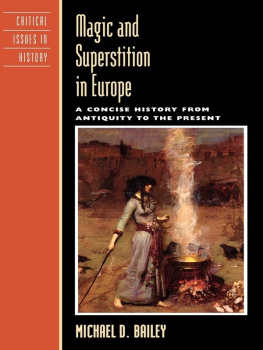
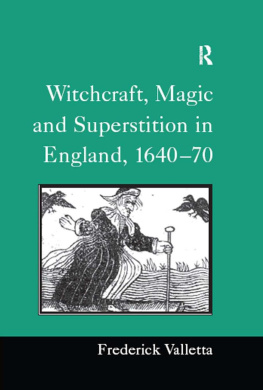
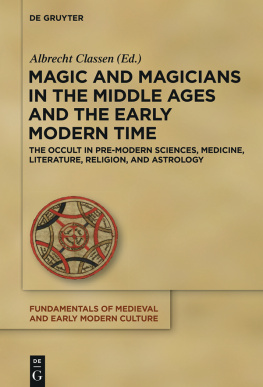
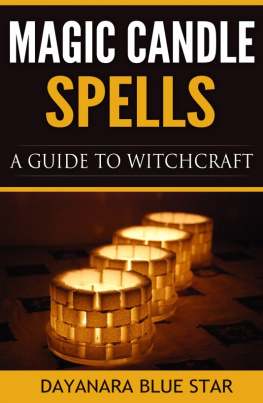

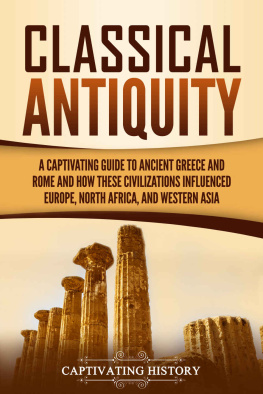

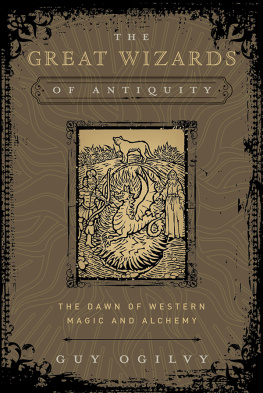

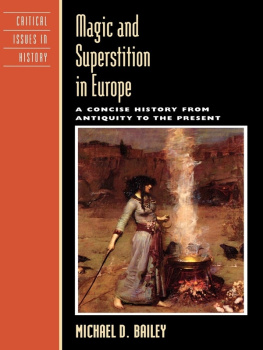
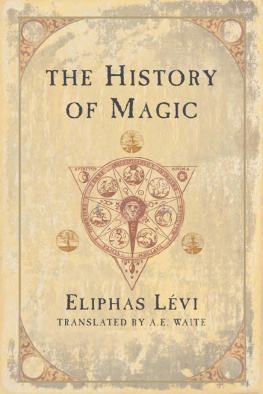
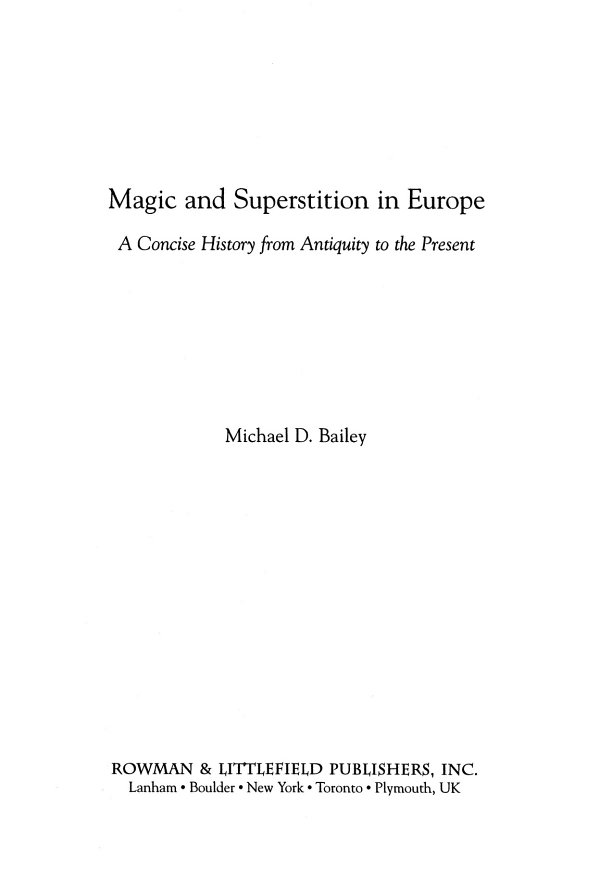
 The paper used in this publication meets the minimum requirements of American National Standard for Information SciencesPermanence of Paper for Printed Library Materials, ANSI/NISO Z39.48-1992.
The paper used in this publication meets the minimum requirements of American National Standard for Information SciencesPermanence of Paper for Printed Library Materials, ANSI/NISO Z39.48-1992.